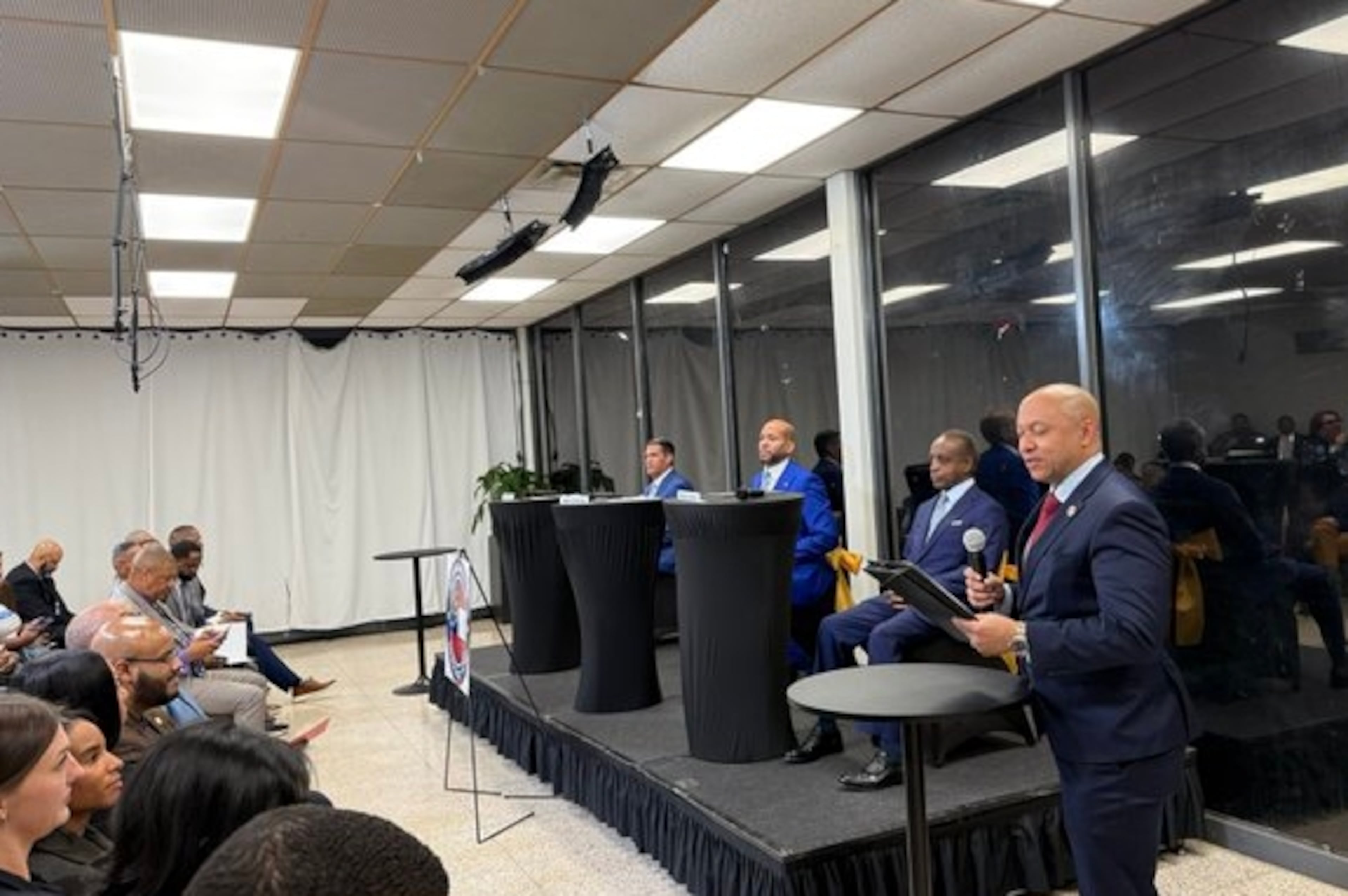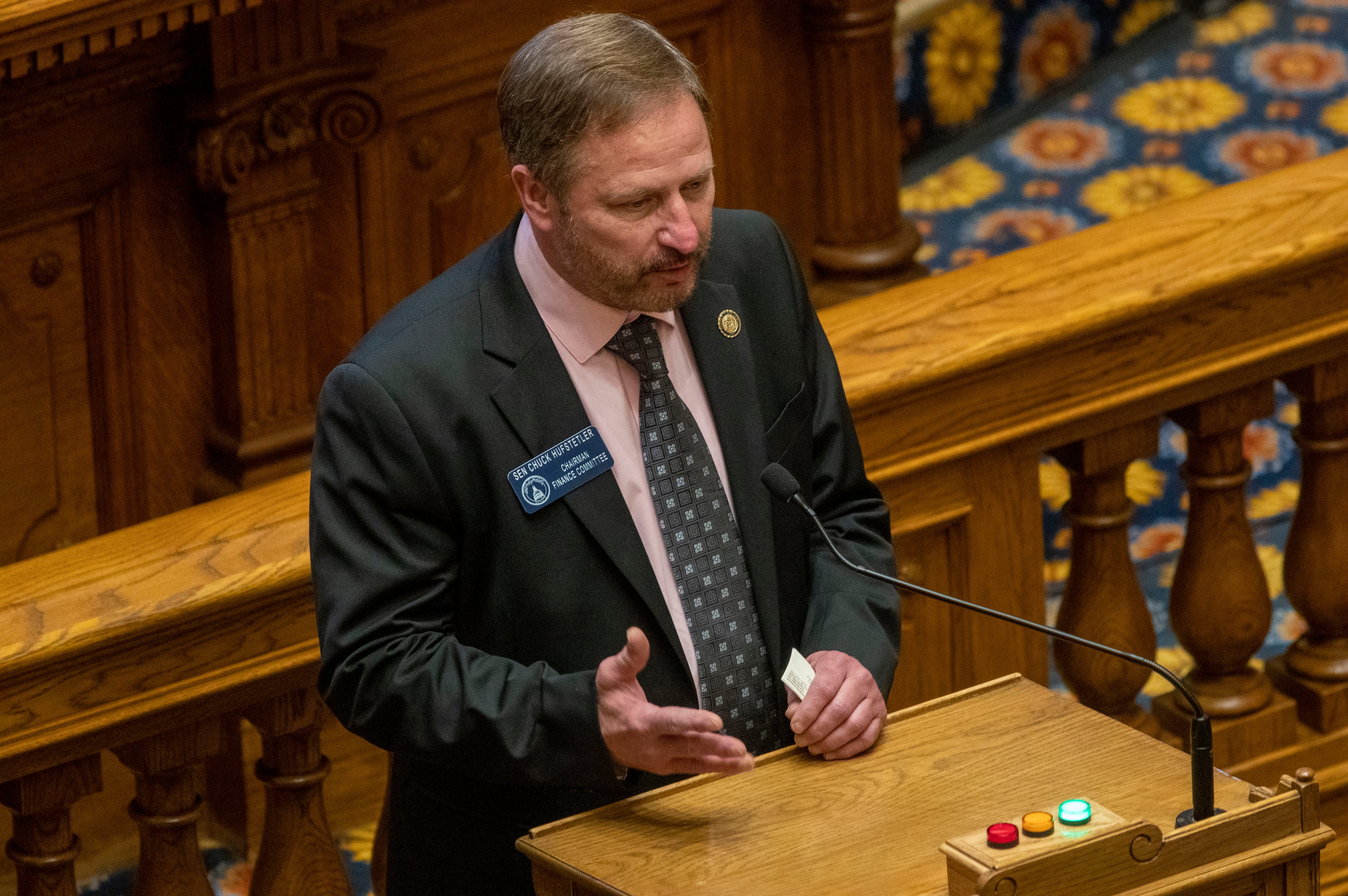AJC poll: Most Georgians oppose school ‘vouchers,’ support Medicaid expansion

Nearly two-thirds of Georgia voters said they oppose using public money to pay for private schools support, while more than two-thirds said they back expanding Medicaid eligibility, according to a new poll by The Atlanta Journal-Constitution.
In addition, an overwhelming majority of Georgia voters say they support giving residents the ability to petition to put issues on the ballot.
All three are topics expected to be debated this year by the General Assembly, and by and large, voters expressed confidence in their elected lawmakers. A majority of 54% of Georgia voters polled said they have “some” confidence in the lawmakers’ abilities to govern. About 13% said they had “quite a lot” of confidence in the Legislature, and some 7% said they had a “great deal” of confidence.
“They’ve been pretty good on fiscal issues and less so on social issues,” said James Sowersby, a 57-year-old east Cobb County resident who described himself as conservative. “Overall, I’d give them a B-minus.”
AJC poll: January 2024
- Interactive: Complete poll results
- AJC poll: Trump leads Biden in pivotal Georgia
- Most Georgians oppose school ‘vouchers,’ support Medicaid expansion
- Most voters trust Georgia’s 2024 election will be fair, AJC poll finds
- ‘The anxiety is real’: Many Georgia voters dread Biden-Trump 2.0
- Georgians support Medicaid expansion, continuing yearslong trend
- Georgia voters oppose vouchers, mostly trust public schools
- PDF: View poll crosstabs
The poll was conducted Jan. 3-11 by the University of Georgia’s School of Public and International Affairs and involved 1,007 registered voters. The margin of error is 3.1 percentage points.
Nearly two-thirds of voters said they oppose using taxpayer funds to pay for private schooling in some circumstances.
A bill last spring sought to establish the first direct state payments for private education to the parents of students without special needs or medical conditions, called “vouchers.” Parents of students with special needs or medical conditions are already able to receive vouchers. The effort failed in a close vote, but supporters have vowed to bring the measure back this year.
Critics say vouchers would lead to funding cuts for public schools.
“Let me be very clear: Voucher programs will destroy public education,” U.S. Education Secretary Miguel Cardona, said Tuesday during a meeting with The Atlanta Journal-Constitution.
While most respondents opposed expanding vouchers, Sowersby, who is self-employed and in the carpet business, said he thinks the money should follow the student.
“It’s not the taxpayers’ money, it’s the individual’s money,” he said. “I think parents should be able to take 75% (of the cost per student in public school) and let it follow the child. That could pay for another public school, private school, charter school, religious school or home-school. As long as they’re receiving a minimum base of education.”
The legislation from last spring, Senate Bill 233, would give $6,500 a year in taxpayer funding to each student who leaves a low-performing public school to pursue an education on their own. The money could go toward private school tuition or to costs associated with home-schooling. The amount would be diverted from the student’s former public school.
While the opposition to vouchers was high among those polled by the AJC, the support for expanding Medicaid, the government-funded health insurance program for low-income children and some low-income adults, was even higher.
Some of Georgia’s Republican leaders have said they are interested in the idea of expanding Medicaid in exchange for a deal to roll back regulations that protect hospitals from competition, called certificate of need. Georgia is one of 10 states that have not expanded Medicaid to cover all the state’s low-income adults.
More than 69% of voters polled said the program should be expanded to cover all eligible adults.
Laura Stapp, a 58-year-old Sylvania resident who cares for her elderly mother, said she’s been dealing with a medical nightmare since her husband had issues after heart surgery in September. Since then, he’s lost his job and health care coverage, and they are struggling to pay for his care.
“I don’t even know what it takes to qualify for Medicaid,” she said. “My husband has worked his whole life, and now we can’t pay his medical bills. If it applied to everybody, and I mean everybody, then I would say, yes, it would be good. But if it only applies to the poor or the ones who work the system, they already have ways to get it.”
More than 80% of Georgia voters polled said they support allowing residents to vote to challenge decisions made by government through local voter-backed ballot referenda.
The Georgia Constitution allows for residents to attempt to change local laws by petitioning to get an issue on the ballot for voters’ consideration. A plurality of every demographic polled — including Republicans, Democrats, independents, white people, Black people, and men and women — support voters having that ability.
The voter sentiment comes as opponents of Atlanta’s public safety training center are attempting to overturn the $90 million project. The planned site of the training center is located on 380 acres of Atlanta-owned land in southwestern DeKalb County and has sparked protest from environmental activists worried about negative impacts on the area. Others worry that the facility will further militarize police.
Opponents of the facility submitted more than 100,000 signatures on a petition to ask voters whether they support the construction of the facility. The petition process is still underway.
Other takeaways
Abortion: About 44% of Georgians polled said they want to expand abortion rights more than a year after the U.S. Supreme Court overturned Roe v. Wade and cleared the way for the state’s abortion restrictions to go into effect. Nearly one-third of Georgians want the rules to stay the same, while 18% back new restrictions.
Georgia heading in the right direction?: Georgia voters are split on whether the state is headed down the right path, with 43% worried the state is on the “wrong track” and 38% who feel Georgia is moving in a positive direction, according to poll results.
Most important issues: About 27% of polled voters, a plurality, said the economy and jobs are the most important issues Georgians are facing. Public safety, voting issues and education were listed as the most important issues facing Georgia by 12% of voters for each topic. About 9% of voters said health care was a top priority.
Staff writer Ty Tagami contributed to this article.



